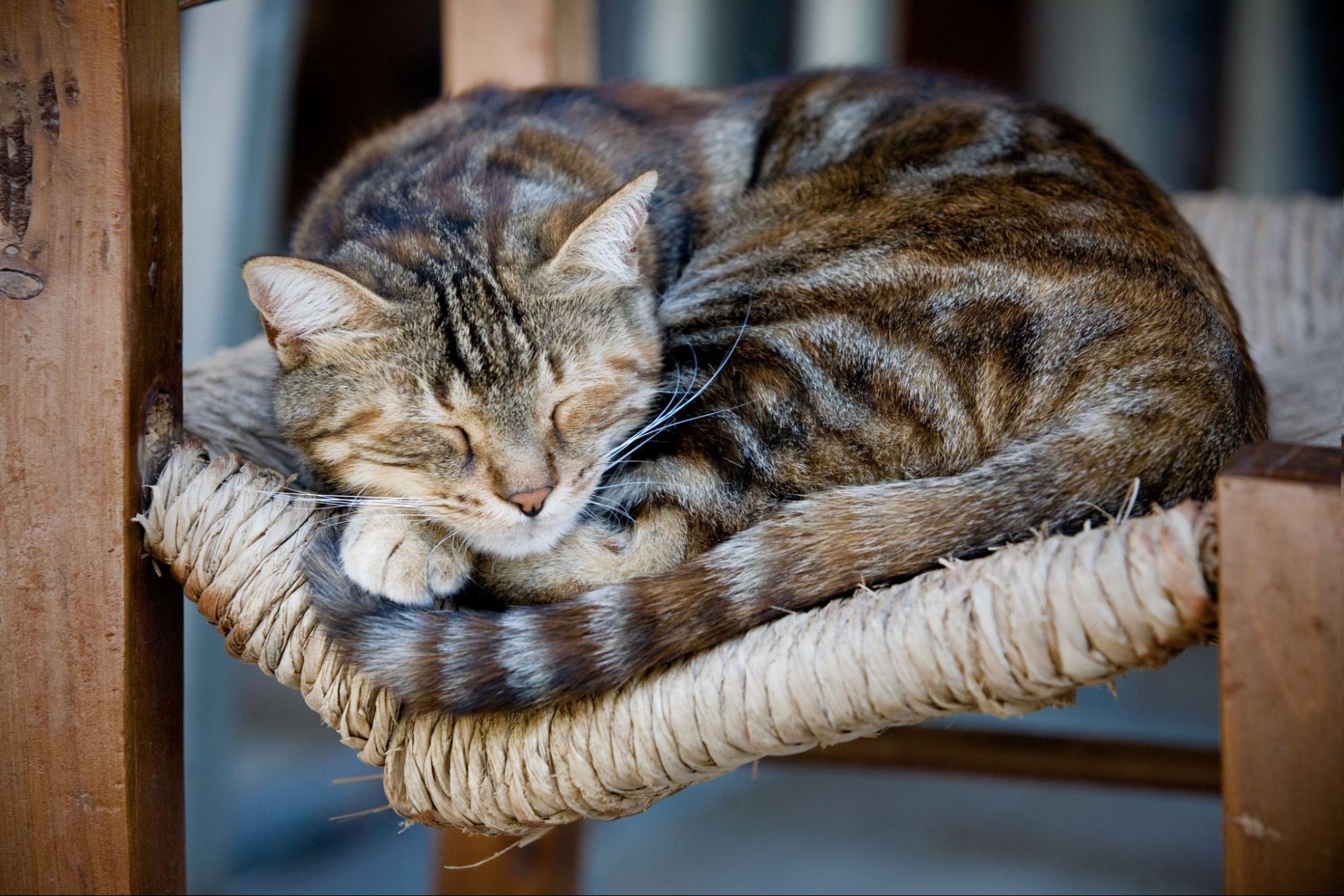Cats have a wide array of behaviors that captivate us. One of the most intriguing and endearing is purring. This soothing, rhythmic sound has fascinated cat lovers for generations. But what is the purpose behind it? In this comprehensive exploration, we will delve into the mysteries of why cats purr, their motivations, and the various circumstances that trigger this charming feline feature.
Why do cats purr when you pet them?
The connection between petting a cat and their purring is a heartwarming one. Many cats will purr contentedly when you stroke their fur. This is often a sign of happiness and relaxation. Petting stimulates a cat's pleasure centers, releasing endorphins that create a sense of well-being. As a result, they purr to express their comfort and enjoyment.
Why does my cat bite me gently while purring?
You might have experienced your cat gently nipping at you while purring. While it may seem counterintuitive, this behavior is often an affectionate gesture. Cats sometimes use their mouths to explore and communicate. If your cat is softly biting you while purring, it's likely their way of expressing love and attachment.
Why do cats purr when they sleep?
Cats purring in their sleep is a common and adorable sight. When a cat is in a deep slumber, purring can serve different purposes. It can be a self-soothing mechanism that brings comfort during rest. Additionally, mother cats often purr to their kittens, so it's possible that purring during sleep is a primal instinct tied to feelings of security.
The frequency of cat purring
The frequency of cat purring varies from one cat to another. While some cats are frequent purrers, others are less so. Some studies suggest that the ideal frequency for therapeutic benefits ranges from 25 to 150 Hertz. Purring within this range may promote healing and reduce stress, which could explain why cats instinctively purr when injured or anxious.
Why does my cat purr so much?
If your cat is an incessant purrer, it may have a lot to do with their individual personality and temperament. Some cats are naturally more vocal and affectionate than others. Cats that purr frequently may simply be seeking more attention, expressing happiness, or even attempting to communicate their needs.
Why does my cat not purr?
Not all cats are prolific purrers, and some cats may rarely purr or not purr at all. This is perfectly normal and doesn't indicate unhappiness or any underlying issues. Each cat is unique, and their propensity to purr can vary. So, if your cat doesn't purr much, it's not a cause for concern as long as they exhibit other signs of contentment and health.
Another factor to consider when it comes to cats purring is when they find an ideal environment, including cat litter. Discover our full range of cat litters and find the one your cat needs. Such us absorbent classic litter, that are made from natural clays and minerals that are highly absorbent and recommended for daily hygiene. Or the clumping litter, that is made from natural minerals that clump together when wet, to form solid clumps that trap and absorb liquids. You can also find plant based litter, that are biodegradable, compostable and are mainly made from recycled raw materials.
At Sanicat you can also find kitten Litter, specifically designed to make training as easy as possible and avoid irritation. It is a natural clay-based cat litter designed for kittens and sensitive cats, with a delicate valerian fragrance that awakens the kitten's curiosity to use the litter box, facilitating their learning.
In conclusion, the enigma of why do cats purr continues to charm and mystify cat enthusiasts worldwide. Purring serves as a multifaceted form of feline communication, expressing joy, contentment, affection, and even relaxation. Understanding the various reasons behind this delightful behavior can help us deepen our connection with these remarkable creatures.
Remember that while cats have their own unique purring styles and frequencies, they all share a common language of love, and their purring is a sweet melody that speaks directly to our hearts.
Sanicat's study demonstrates that cat purring has relaxing effects on humans, leading to the development of the lo-fi Catfulness playlist designed to provide a calming experience for all.

